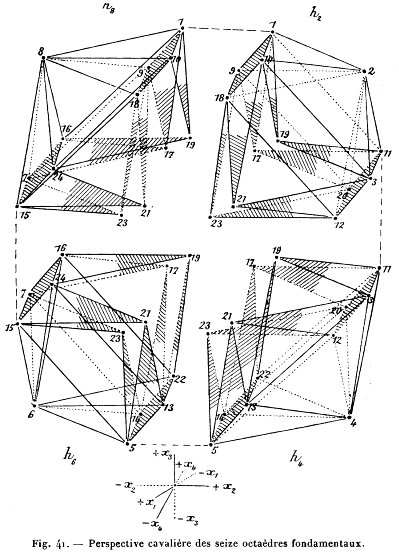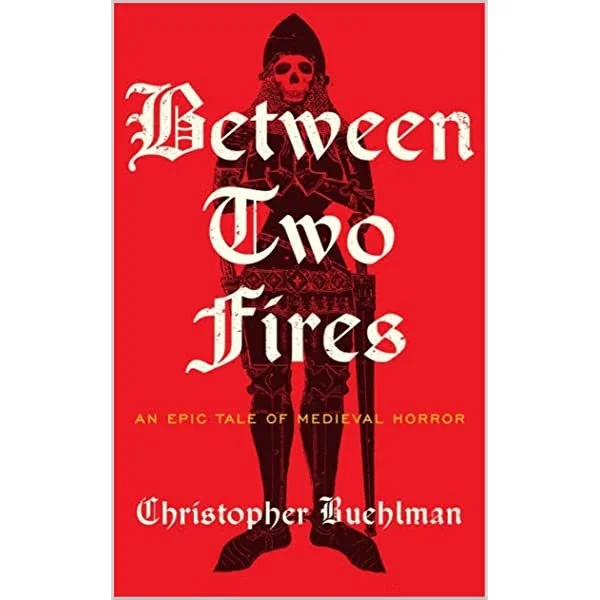Despite the fact that I’m listing off individuals, what I’m really pointing to are specific images of people crystallized in popular culture. Marcus Aurelius was not always the Marcus Aurelius that is remembered by history and popular imaginings. The historical figures, considered this way, are no more real than the most crudely drawn stock character: real people are complex and contain multitudes. Characters – even the most three-dimensional, deep characters – are often the opposite.
Read MoreNow, I’ve had a lot of thoughts on genre fiction in the past, and this list is going to be more useful for people interested in writing a secondary world story, with a particular (but not exclusive) eye towards fantasy fiction. As a result of a number of factors, there are going to be several works that I often make use of in my political thoughts, but this list isn’t primarily or solely focused on that.
Read MoreIf we accept that it’s possible for a game to be not fun, the next obvious question is simple: if it is not fun, is there perhaps some other reason for playing it?
Read MoreRereading it in preparation for the class, I was struck by a simple but surprisingly deep question: what does it mean for something to be haunted? Not on the surface, but as part of a deeper cultural question. What does it make sense to think of as being haunted?
Read MoreWe write these on the off-chance that people might click through on the link, go to bookshop, and buy the books (doing so supports us a little bit, and local bookshops a bit more; we like that fact more than we like giving Amazon any more money than we have to.) However, there are two things I’d like to point out and suggest that people donate to help with: the specific state of the internet archive, and the more general case of supporting the rights of transgender people.
Read More




